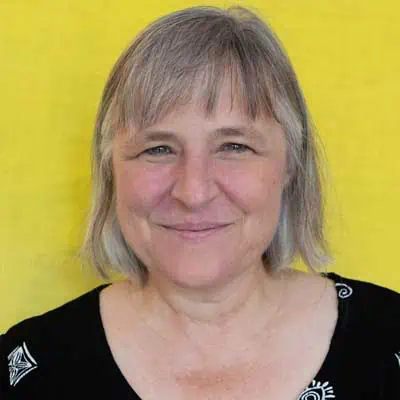
Willpower and Free Choice
August 26 @ 7:00 pm - 8:30 pm PDT
Cost: $20About the Event
What does free will mean inside the brain? How much of what we do is predetermined? How does the idea of free will (both of having it and of not having it) impact us? What does it do to our brains?
Why do we so often experience being choiceless, and what are the different ways that we live through and with that? How can we choose the best of free will, and lean into the ways that our brains hold us in patterns for support?
In this 90-minute webinar with Sarah Peyton we will explore the relational neuroscience of free will and how to leverage this understanding to make our lives better.
Please note:
- This is an online zoom webinar that runs for 90-minutes with an optional 30 min Q&A.
- Purchase includes invitation to the live webinar and post-webinar access to access the recording + slides. The slides include research citations where relevant.
- This webinar is the August meeting of Sarah’s 2025 Neuroscience and Resonance monthly series
- We are delighted to offer 1.5 continuing education (CE) hours for psychologists and social workers for this course ($40 additional fee). Details here
- 100% Live attendance is required to receive CEs.
Cost and How to Register
Do we actually have free will? What does the brain science tell us about our possibilities to have choice? And how does the idea that free will is compromised impact our mood and motivation? Join Sarah for a 90-minute webinar about the relational neuroscience of willpower, and learn how to leverage this understanding to make our lives better.
$20.00
If you have questions or need support, please email [email protected]
About Sarah
Sarah Peyton, Certified Trainer of Nonviolent Communication and neuroscience educator, integrates brain science and the use of resonant language to heal personal and collective trauma with exquisite gentleness.
Sarah is a sought-after expert who brings neuroscience expertise together with depth work, self-compassion, and the transformative potential of language. She works with audiences internationally to create a compassionate understanding of the effects of relational trauma on the brain, and teaches people how words change and heal us.
Sarah teaches and lectures internationally and is the author of four books on relational neuroscience and self-compassion: Your Resonant Self: Guided Meditations and Exercises to Engage Your Brain’s Capacity for Healing, the companion Your Resonant Self Workbook: From Self-sabotage to Self-care, and Affirmations for Turbulent Times: Resonant Words to Soothe Body and Mind, and The Antiracist Heart: A Self-Compassion and Activism Handbook, co-authored alongside Roxy Manning, PhD.

